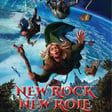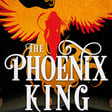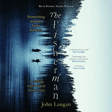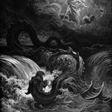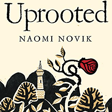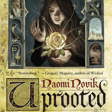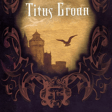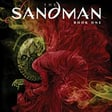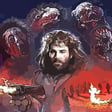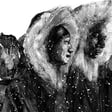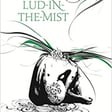
Introducing Peat Long
When Chronscast was originally set up I wanted different co-host folks for different co-host strokes. I wanted my guest today, the blogger Peat Long, to contribute to the podcast particularly in the area of fantasy fiction, in all its guises and possibilities. For various reasons he couldn't commit at the start of the venture, but I'm pleased to say that Peat has agreed to be an occasional co-host with me in the future.
Today Peat and I are having a short conversation to introduce him, his thoughts on genre fiction, his prolific blog, and his own writing habits and capacities. Pete will be joining us later in the spring to discuss books such as Mervyn Peake's Titus Groan, and Stephen Donaldson's Lord Foul's Bane.
Links
Peat Long's Blog
Next Episode
Our next full episode will see Bean and I joined by the inimitable Bryan Wigmore, who'll be telling us how to make like Michael Jackson and heal the world with the sword pulled from the stone in John Boorman's 1981 Arthurian epic, Excalibur.



